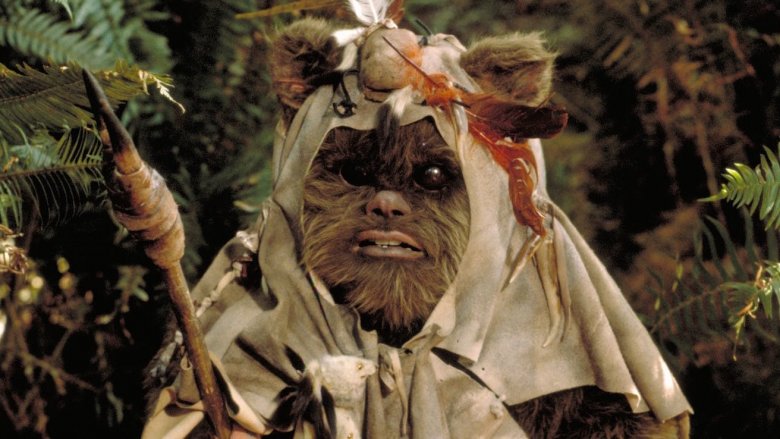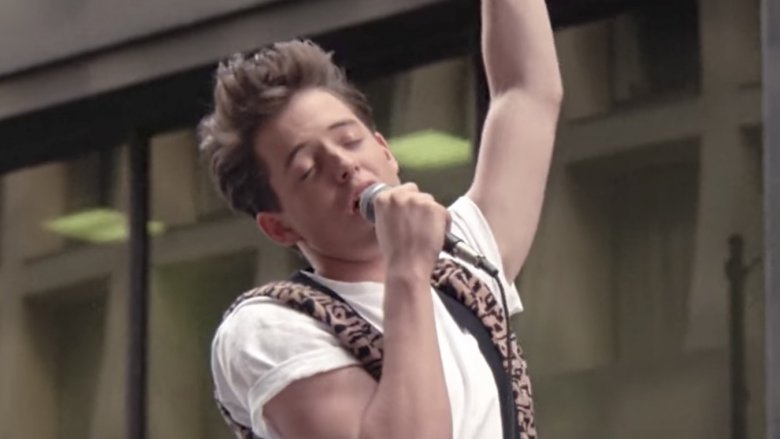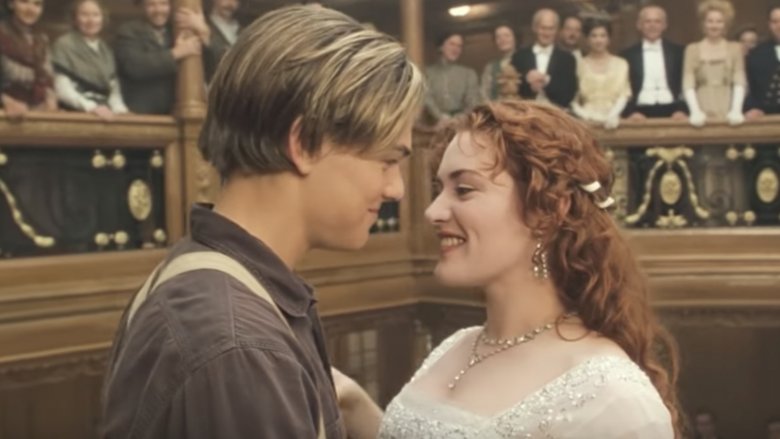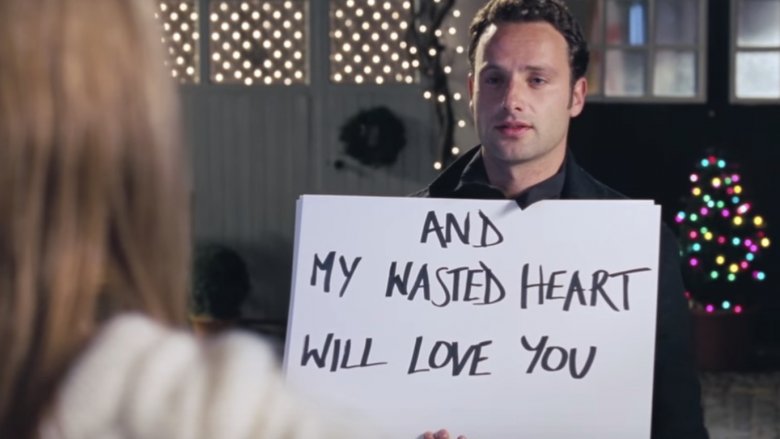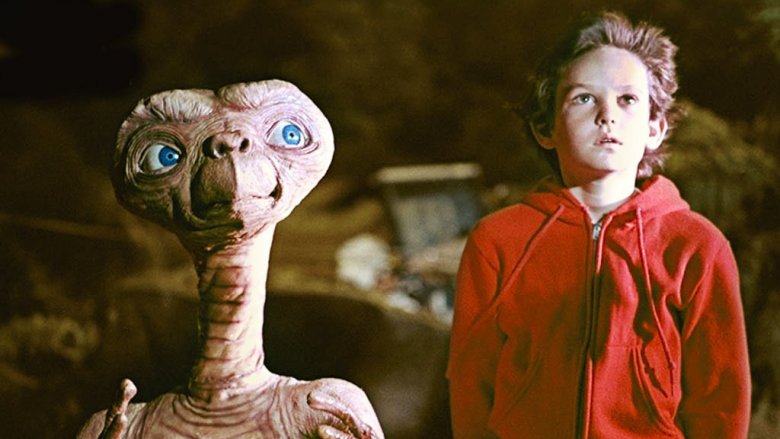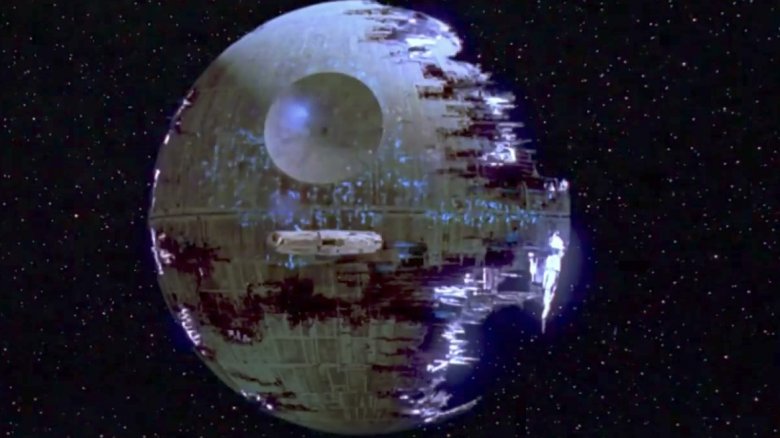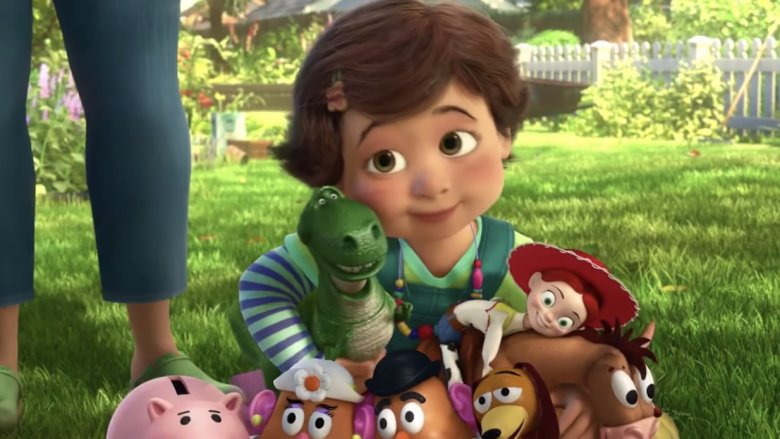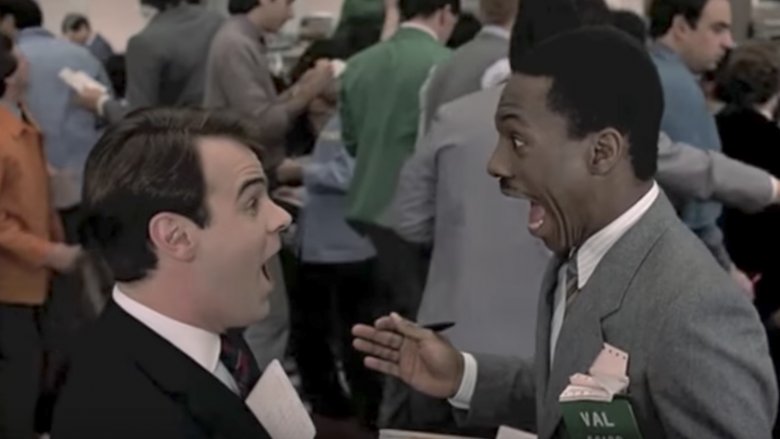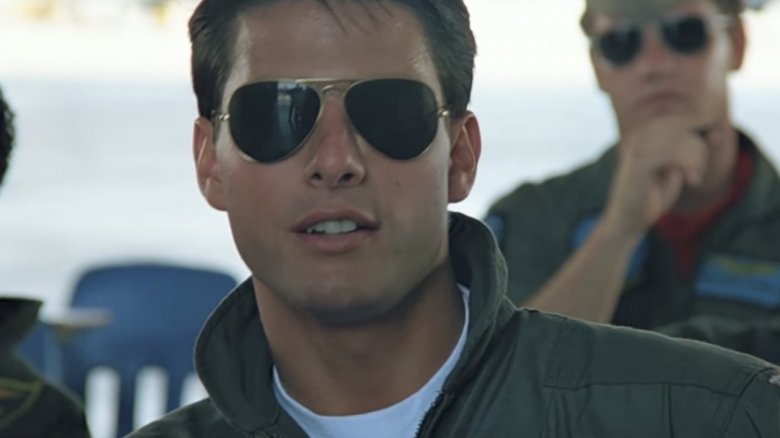Movie Happy Endings That Are Darker Than You Think
"...And they all lived happily ever after." This is how most popular movies end, either explicitly or implicitly. People just love movies that end nicely—it's satisfying and inspiring when the good guys get exactly what they want and the bad guys get what's coming to them. However, many of the movies where everything gets wrapped up in a nice little package aren't as happy as they initially seem.
Ferris Bueller's Day Off
Ferris Bueller (Matthew Broderick) is the kind of guy who likes to have fun...to his own detriment. While Ferris has already skipped so much school that he's in danger of expulsion, the movie focuses on his need for yet another day to take it easy. He pulls it off without his parents noticing, but that doesn't change his horrible attendance record—and neither does the way he humiliates his principal (Jeffrey Jones), whose life and reputation he pretty much ruins. It's a good thing Ferris got to enjoy that Cubs game and the Von Steuben Day parade, because he's facing summer school at the very least. (Plus, he's complicit in Cameron destroying his father's priceless car and glass garage.)
Titanic
Obviously, the conclusion of Titanic isn't 100 percent "happy." There are a few tragic elements, such as the hundreds of people who die when the unsinkable Ship of Dreams hits an iceberg, among them protagonist Jack (Leonardo DiCaprio), who freezes to death in the ocean. But just before he lets go of the makeshift raft where young Rose (Kate Winslet) lays, he asks her to grow old and have lots of babies.
As relayed by older Rose (Gloria Stuart), that's exactly what she did: her home is decorated with photos of her long life's many adventures and the loved ones who populated it. But she ends up cheating her heirs out of a fortune by tossing a priceless jewel off a boat—and when Rose dreams (or dies?) in the film's final scene, she returns to the Titanic of her youth, where she's reunited with Jack, her one true love. Sorry, Rose's husband: In the deep ocean of your wife's heart full of secrets, you were always going to be her second choice.
Freaky Friday
Freaky Friday isn't alone in this—the whole subgenre of "magical body switch" movies is problematic and weird. In movies like Vice Versa, 18 Again, and Like Father Like Son, a kid and a parent switch bodies for a day and become closer by realizing the other person's life is more difficult than they ever imagined, and the psychological and spiritual aftereffects of such an experience would absolutely break a person's mind and soul. How does one just go about their day-to-day lives having experienced such a profound supernatural experience? Therapy isn't even an option, because every mental health professional in the world would assume both parent and offspring are insane. But at least they'd live out the movie's moral of growing closer—by sharing the experience of having the whole world think you're nuts.
Love Actually
At the end of Richard Curtis's ensemble romantic comedy, audiences are left to reflect on how love is a moving, amazing, universal experience with shots of people reuniting at an airport to the strains of the Beach Boys' "God Only Knows." It's all meant to be very heartwarming, but many of Love Actually's interconnected plot lines don't end well.
Liam Neeson's character is still a grieving widower. Colin Firth's writer character proposed to a woman he doesn't really know because he can't speak her language very well. Alan Rickman's character admitted to cheating on Emma Thompson's character, and their future holds either marriage counseling or divorce. Andrew Lincoln delivers a message via romantic cue cards to a woman played by Keira Knightley, who's married to his best friend. He doesn't get to be with his beloved...and by telling her how he feels, he places a tremendous burden on her. Merry Christmas!
Gravity
Sandra Bullock is the woman who fell to Earth...and lived somehow. After surviving numerous accidents that should have sucked her into deep space and death, her astronaut character manages to get back into Earth's orbit, and then to Earth itself, winding up on a beach alive...but alone, in the middle of nowhere with no food, supplies, clothes, or communication technology. Gravity is a survive-against-all-odds movie...that sets up a sequel for another survive-against-all-odds movie. And the odds don't look good.
E.T.: The Extra-Terrestrial
With the help of a mind-powered bike flight, E.T. escapes the government spooks and the pop-up testing center where they wanted to experiment on the alien and his best human friend, Elliott (Henry Thomas). After relaying the message that he'll always be "right here" (in the heart), E.T. gets on his rescue ship and heads back to his home planet. Elliott, as well as his friends and family, are changed forever. But what happens next? He got away from government scientists once, but he won't again. They know where he lives. They know he's got a psychic mind-meld with an alien. The invasive tests and de facto imprisonment are very likely to resume.
Return of the Jedi
The last entry in the first Star Wars trilogy ends quite definitively: the heroic Rebels destroy Death Star II, collapsing the evil Empire. Back on Endor, the cute but tough Ewoks celebrate heartily. It's important to live in the moment, because according to science, the Ewoks wouldn't have had much to be excited about after that. According to a Star Wars fan named Dr. Curtis Saxton, exploding "a spherical metal honeycomb over five hundred miles wide just above the atmosphere of a habitable world" would result in deadly radiation and an apocalyptic rainfall of debris. In other words, goodbye, Endor.
Toy Story 3
According to this classic Pixar trilogy, toys are sentient creatures with feelings, free will, and—with the exception of those who are unluckily incinerated—are basically immortal. They're also doomed to never see their loved ones again. At the conclusion of Tory Story 3, a lot of the toys go to live with an adorable little girl named Bonnie. That's great, but they'll never see their previous owner, their beloved Andy, ever again. And when Bonnie grows up like Andy did, they'll never see her again either. They'll be passed on to another kid, or just get sealed up in a box and left to rot in a basement or a thrift store.
Trading Places
In a complicated scheme that involves some savvy and probably illegal manipulation of the commodities market, Winthorpe (Dan Aykroyd) and Valentine (Eddie Murphy) make a ton of money off frozen concentrated orange juice futures while leaving the villainous Duke brothers (Ralph Bellamy and Don Ameche)—who tried to ruin their lives with a bet—hundreds of millions of dollars in debt. Did the Dukes deserve what they had coming to them? Absolutely. But did the people who work for the various businesses and industries in which the Dukes had large financial stakes deserve to lose their jobs, a likely outcome of their financial ruin? Definitely not. And certainly not at Christmas.
Top Gun
More than 30 years after its release, Top Gun remains one of Tom Cruise's most popular movies and an action movie classic, filled with breathtaking aerial sequences. It might seem odd that we never got an immediate sequel, but that might be because in the Top Gun universe, all of the major characters should be dead...along with a large chunk of the world's population. Pilots Maverick (Cruise) and Iceman (Val Kilmer) lead a squadron in a hostile encounter with six Soviet military planes. The American team suffers casualties, but ultimately shoot down four and make the others retreat. It's all very exciting, but in 1986, that skirmish would have turned the Cold War hot—and could very likely have triggered World War III.
